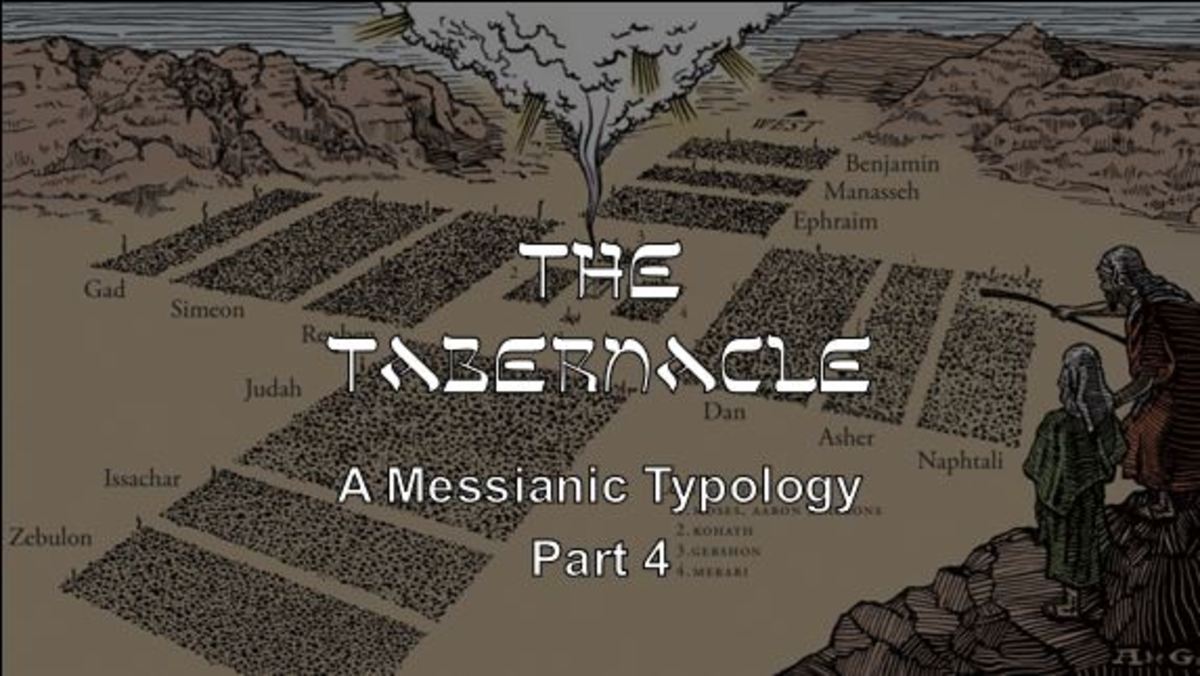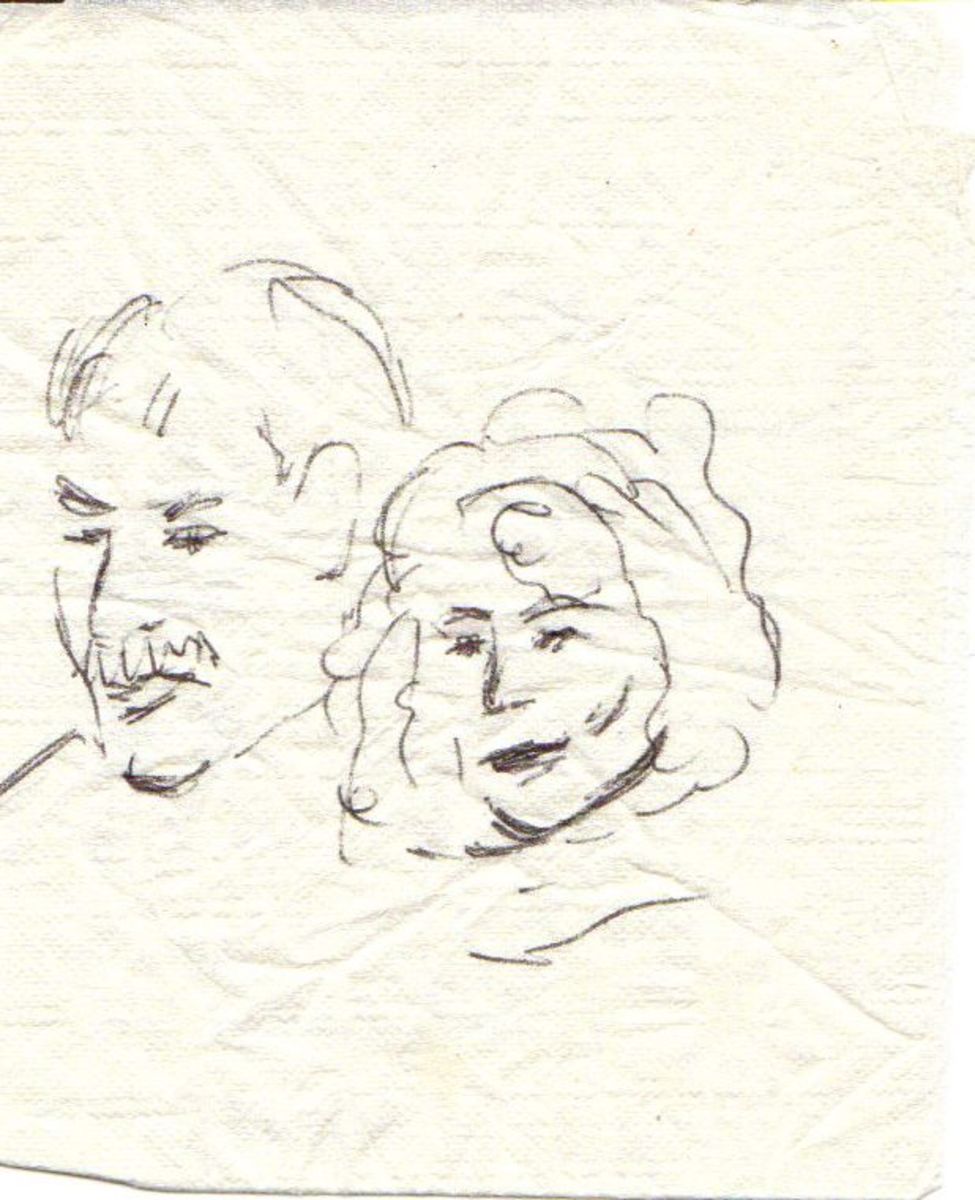Yahweh Hates Divorce? (Divorce and Remarriage, Episode VII)

Is it Divorce that God Hates? Or, the "Putting Away?"
Many have referred to Malachi 2:16, which states that Yahweh “hateth putting away,” as authority to reject divorce out of hand—straight across-the-board.
“For the LORD, the God of Israel, saith that he hateth putting away: for one covereth violence with his garment, sayeth the LORD of hosts:therefore take heed to your spirit, that ye deal not treacherously.” (Malachi 2:16)
To begin with, the Bible student must consider the message of the Prophet. Beginning at verse 11, it is discovered that the subject is idolatry: “Judah hath dealt treacherously, and an abomination is committed in Israel and in Jerusalem; for Judah hath profaned the holiness of the LORD which he loved,” (or ought to have loved), “and hath married the daughter of a strange god.” (This is a highly unusual allegory, in that Yahweh is normally depicted as the husband, and Israel as the wife. But here the pictures are reversed, and Israel is pictured as the husband, and Yahweh as the wife.)
The Prophet, here, is using marriage as an allegory to rebuke Judah (the husband) for putting away Yahweh (the wife of Judahʼs youth) and marrying “the daughter of a strange god” (a reference to Israel's idolatry). In v15 of the text, the story of Abraham, Sarah, and Hagar is employed as an example of how one is to deal with the “the wife of his youth.” Although Abraham took a second wife (Hagar), in order to have an heir, he did not deal treacherously with Sarah (the wife of his youth). Abraham (who v15 states, had the “residue [excellency] of the Spirit”) did not deal fraudulently with Sarah (the wife of his youth) in order to be a husband to Hagar.
Most likely the “putting away” mentioned here does not regard a “Certificate of Divorcement,” but the discarding of the old wife for a new one. Certainly this was Judahʼs sin. Yahweh had not been lawfully divorced: only pushed to the side. The wife of Judahʼs youth (Yahweh) remained in the tent, just not in the marriage bed. That place of intimacy was occupied by “the daughter of a strange god.” This is, no doubt, what is meant by the statement: “....for one covereth violence with his garment.” In the customs of the Bible it was a token of marriage for a man to cover a woman with his skirt [garment]; see Ruth 3:9 and Ezekiel 16:8-14 were this is illustrated. Therefore, for Yahweh to tell Judah that he “covereth violence with his garment” was the same as saying that Judah was doing violence to his wife [in this case Yahweh] under the pretense of remaining married.
Moses addressed such treachery and injustice to a wife, when he decreed that if a man was to “put away” his wife he was to give her a “Certificate of Divorce.” The “Certificate of Divorce” authorized the wife to remarry. Whereas, if she was simply “put away” she remained married, but was rejected, despised, and unloved. This is the meaning of the Prophet when he writes: “Therefore, take heed to your spirit, and let none deal treacherously ... .” Also, in verse 16, to “...coverth violence with his garment...” means to conceal treachery under the guise of marriage. Ruth asked Boaz to: “... spread therefore thy skirt over thine handmaid.” Thereby, Boaz would be indicating that he would take her as his wife (Ruth 3:9). When Yahweh is reminding wayward Israel of His care for her, He said: “Now when I passed by thee, and looked upon thee, behold, thy time was the time of love; and I spread my skirt over thee, and covered thy nakedness: yea, I sware unto thee, and entered into a covenant with thee, saith the Lord God, and thou becamest mine.” (Ezekiel 16:8)
Thus, Judah had concealed his treachery to Yahweh (the wife of his youth) under the guise of marriage. The spreading of his skirt (garment), in professing to be a true worshiper (after all, temple worship had been reinstated and was considered as the anchor of Judahʼs nationalism), cloaked all of the “violence” that was actually perpetrated upon Yahweh (the wife of his youth) by Judah, in taking another wife: namely, the “daughter of a strange god.”
Before Malachi 2:16 is used to ban divorce right across-the-board, one must come to peace with the facts of Scripture. The facts of Scripture are these:
Moses, through the inspiration of the Holy Spirit, instituted the “Certificate of Divorce” to counter the injustices done to wives by husbands whose hearts were hardened toward them; Wives who would be “put away” with no legal recourse to remarry; (Deuteronomy 24:1-4).
Yahweh, Himself, divorced Israel; he gave her a “Bill of Divorcement” (Isaiah 50:1; Jeremiah 3:8).
The scribe/priest Ezra ordered a nationwide divorce for all men who had married non-Jewish women (Ezra 10:2-3).
Jesus allowed divorce for fornication (Matthew 19:9), and because of the demands of the Kingdom (Mark 10:29-30; Luke 18:29-30).
The Pauline Privilege allows for the dissolution of the marriage contract for the cause of abandonment—divorce is inferred, if not implied (1 Corinthians 7:15).
Therefore, that which Yahweh “hates” (from Malachi 2:16) is the unjust “putting away” of a faithful wife in such a manner that she has no chance of happiness in the home of a husband that will accept, respect, and love her. From all that has preceded we conclude that it is not divorce, per se, that God hates, but the treacherousness of hardhearted men who defraud faithful wives. (See Malachi 2:12-16 cf. Matthew 19:8, i.e. “because of the hardness of your hearts.”)
Apostolically Speaking
☩ Jerry L Hayes
Read More From the Bishop on Divorce and Remarriage
- Christian Divorce and Remarriage, Episode I
This series of articles answers the all consuming question: May a Christian divorce and remarry? This is the first of many article to come on the subject. Be sure to read them all. - Christian Divorce and Remarriage, Egalitarian (Episode II)
This article concludes the introduction to Christian Divorce and Remarriage. Here is discussed the egalitarian aspect of Divorce. - Marriage, As God Intended (Episode III, Christian Divorce & Remarriage)
This article examines the intention of God for marriage, in the beginning. What the Bible declares marriage to be is shocking to most. This is required knowledge for an understanding of divorce. - Divorce and Remarriage, Words of Institution (Episode IV)
Moses sets forth the "Words of Institution" for divorce and remarriage. In this writing we will review those words in an expository study. - Certificate of Divorce (Diviorce and Remarriage, Episode V)
Here, for the first time we discuss the power of the "Certificate of Divorce" as a licenses to remarry - both for the guilty and innocent parties. - Biblical Grounds for Divorce and Remarriage (Divorce and Remarriage, Episode VI)
Here we explore the biblical reasons for divorce and remarriage. Many are convinced that the Bible gives no reason for divorce, others accept only 1, but this writer demonstrates. at least, 4. - Biblical Examples of Divorce, Episode VIII
Examples are great teachers. A greater lesson can not be had that to witness how a biblical command was biblically executed. IN this study we will see just that in biblical examples of divorce. - The Biblical Status of the Divorcee, Episode IX
In this 9th episode on Divorce and Remarriage we examine the status of divorcees in the Bible. Here we answer the question: "What place does the divorced person hold in biblical society?" - The Words of Jesus On Divorce, Episode X
This article introduces all the words of Jesus concerning the subject of divorce. By this introduction of Christ's teaching on the subject we set a compass heading for further study. - The Apostolic Church, On Divorce - Episode XI
In this episode on divorce and remarriage we examine what the apostolic church (the Lord's church of the 1st century) had to say on the subject.
Own this book by Bishop Hayes. Click below for more information.









